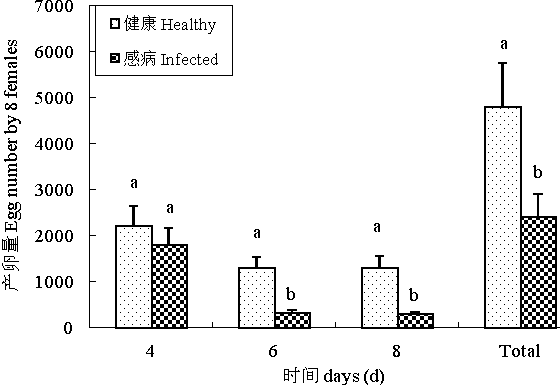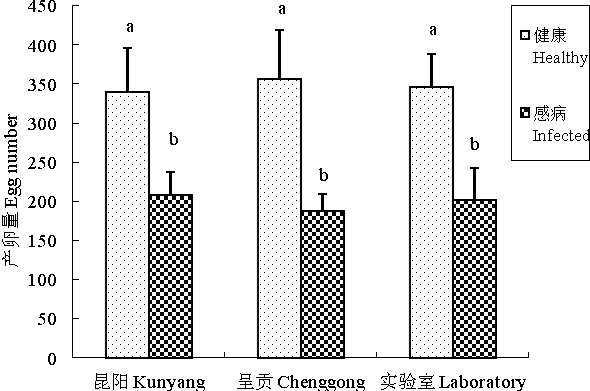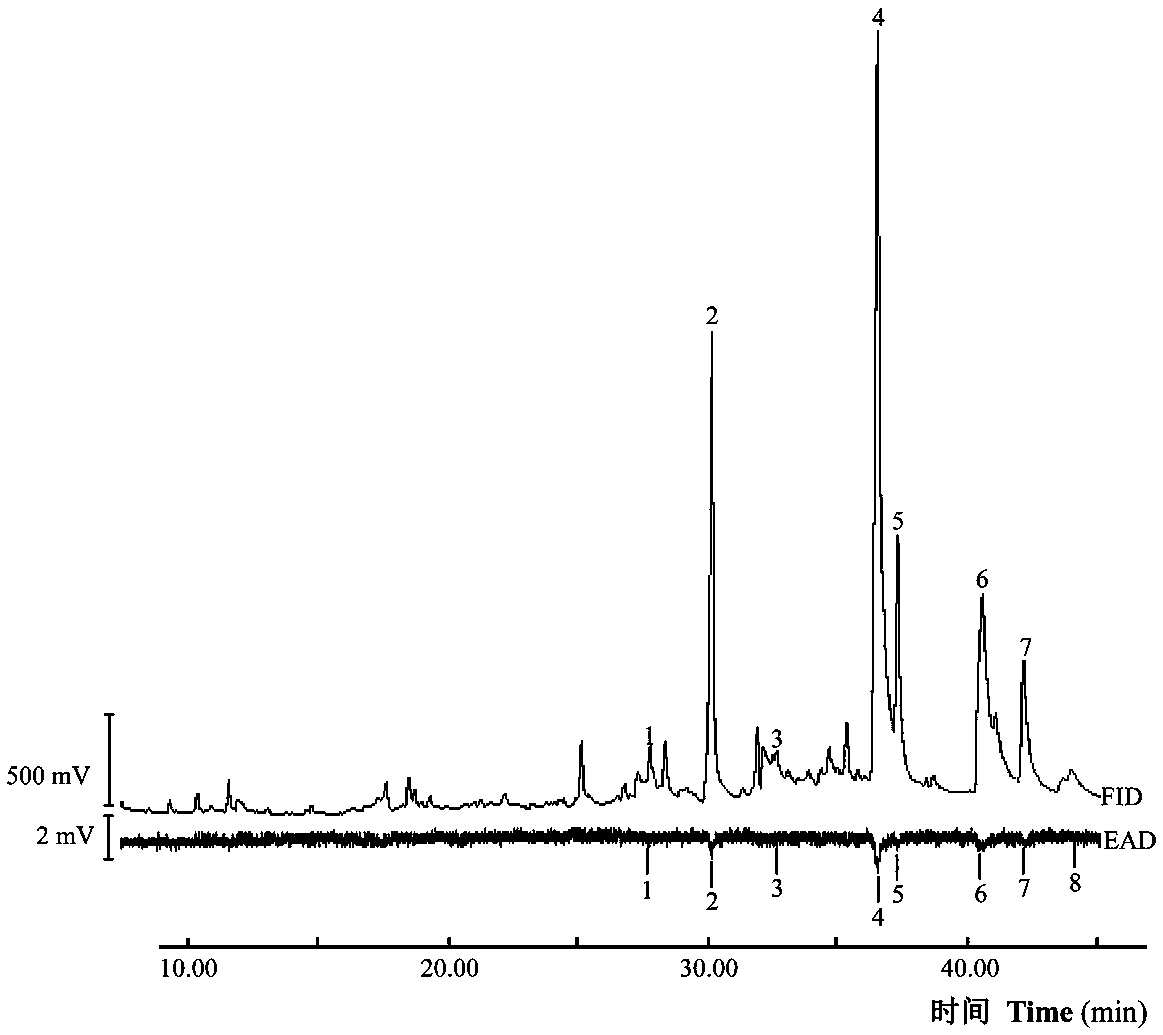Pest repellent containing acetic acid cetyl ester and preparation and application method thereof
The technology of a pest repellant, cetyl acetate, is applied in the directions of animal repellent, botanical equipment and method, pest repellant, etc., to achieve good repellent effect, avoid control difficulties, and realize the effect of pollution-free control
- Summary
- Abstract
- Description
- Claims
- Application Information
AI Technical Summary
Problems solved by technology
Method used
Image
Examples
preparation example Construction
[0031] The preparation method of described pest repellent, comprises the steps:
[0032] (1) Preparation of mother liquor A: Accurately weigh 1.49-4.10 g of hexadecyl acetate and dissolve it in a solvent;
[0033] (2) Preparation of auxiliary liquid B: prepare a sodium dodecylbenzenesulfonate solution with a mass fraction of 10% with deionized water;
[0034] (3) Take 10mL solution B and solution A, mix them with ultrasonic waves for 4~6 minutes;
[0035] (4) Dilute the volume to 1 L with a solvent to obtain the pest repellent.
[0036] The method of using the pest repellent is to dilute the pest repellent 0-5 times with ethanol or water, and then spray it evenly on the flower buds, branches and leaves of the plants.
[0037] The pests are beet armyworm and / or cotton bollworm.
[0038] The beet armyworm is the female beet armyworm.
[0039] The pest repellent of the present invention can be used for the prevention and control of pests such as beet armyworm and cotton bollw...
Embodiment 1
[0044] Example 1: Discovery of Pest Repellent Substances
[0045] (1) Feeding method of beet armyworm
[0046] Put the mature larvae of beet armyworm back into a 250 mL beaker with moist sand and seal it with gauze. After pupation and eclosion, the adults were transferred to another 250 mL beaker. Supplement nutrition with 10% honey water to make eggs and hatch on healthy Chinese rose leaves, and raise them to mature larvae (feeding conditions: 27°C, 70% RH, 12 h photoperiod). Let it pupate in the same way, take out the pupae and distinguish between male and female under a stereoscope, and raise the male and female pupae separately, and use them for biological tests after eclosion.
[0047] (2) Inhibitory effect of host plants infected with powdery mildew on oviposition behavior of beet armyworm adults
[0048] Put about 3 cm thick sterilized soil in two 500 ml beakers, and sprinkle appropriate amount of sterile water to moisten the soil. Select 6 fresh branches of healthy ...
Embodiment 2
[0056] Example 2: Isolation and Identification of Repellent Active Components
[0057] The headspace dynamic adsorption method was used to extract the volatile component mixture of Chinese rose leaves infected with powdery mildew, and the mixture was analyzed and tested by gas chromatography-antenna electrophysiology (GC-EAD). The results are as follows image 3 , Figure 4 , Table 1 shows. The monomeric compounds that can produce obvious EAD signals in the mixture were further identified by GC-MS. Among them, the No. 6 peak is hexadecyl acetate, and the content of this compound in the mixture is relatively large, and the EAD signal produced is relatively strong. The results showed that the natural compound (mixture) extracted from susceptible rose plants contained hexadecyl acetate (monomer), which may be an important factor for the identification of susceptible hosts by female beet armyworm moths during the selection of spawning sites. One of the information compounds.
...
PUM
 Login to View More
Login to View More Abstract
Description
Claims
Application Information
 Login to View More
Login to View More - R&D
- Intellectual Property
- Life Sciences
- Materials
- Tech Scout
- Unparalleled Data Quality
- Higher Quality Content
- 60% Fewer Hallucinations
Browse by: Latest US Patents, China's latest patents, Technical Efficacy Thesaurus, Application Domain, Technology Topic, Popular Technical Reports.
© 2025 PatSnap. All rights reserved.Legal|Privacy policy|Modern Slavery Act Transparency Statement|Sitemap|About US| Contact US: help@patsnap.com



